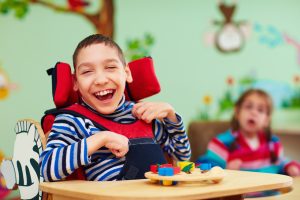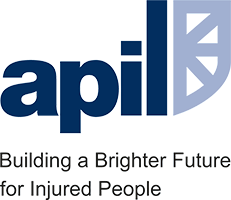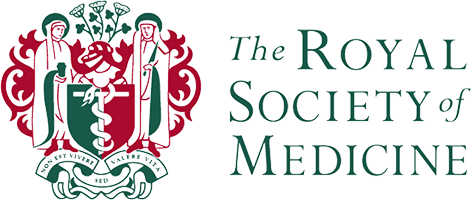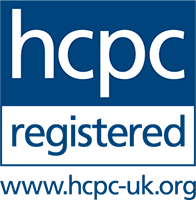enquiry@cechambers.co.uk

All of the different types of professional psychologists have competencies and skills that overlap and within each type of professional psychology training, individuals will vary considerably depending on their own particular interests.
However, specifically in relation to children with brain injuries or neurodevelopmental disorders Dr Rankin would say-
Clinical Psychology training is mainly focussed on working with adults and children with mental health problems and conducting talking therapies such as cognitive-behaviour therapy and family therapy. Clinical psychologists train and work in a wide range of settings including GP surgeries, hospitals, forensic settings, learning disability settings, CAMHS, etc. so their training is generic and not everyone has the same experiences. Some may complete placements in neuroscience centres under the supervision of clinical neuropsychologists so those individuals will have experience of working with people with brain injuries but generally they will not have significant training in understanding brain-behaviour relationships.
Educational Psychology Training is mainly focussed on managing children’s psychological needs in educational settings, e.g. assessing learning and behavioural difficulties within schools and providing management advice rather than undertaking direct therapy themselves. Therefore Educational Psychologists have considerable experience of assessing children with generalised and specific learning difficulties within the general population. Amongst that population will be a small number of children with brain injuries but like clinical psychologists, generally educational psychologists will not have significant training in understanding brain-behaviour relationships.
Nowadays, Clinical Paediatric Neuropsychologists are required to first train as either a Clinical Psychologist or an Educational Psychologist before undertaking more specialised training in developmental brain-behaviour relationships, the effects of brain injury, and the evidence base for educational support and rehabilitation afterwards. The more specialised training usually involves completing the post-doctoral degree in paediatric neuropsychology at UCL that Dr Rankin developed in 2007. This national training programme is externally accredited by the British Psychological Society (BPS). Professionals attending the course are also required to complete two years of supervised practice that is then examined by the BPS. Individuals who have qualified as clinical paediatric neuropsychologists are listed on the BPS Specialist Register of Clinical Neuropsychologists (SRCN) which is publicly available on the BPS website.
 Dr Rankin originally trained as a clinical psychologist and following his specialist experience in neuropsychology he was ‘grand-parented’ onto the SRCN in 1999, prior to the UCL training existing. With respect to his own professional competence in terms of understanding children’s educational needs, Dr Rankin developed and directed (for nine years) the specialised post-doctoral programme at UCL. The BPS accredited training covers the management of educational needs and evidence-based support required for children with acquired or developmental brain injury. Dr Rankin wrote the syllabus for this course. He therefore feels competent to report on educational issues for such children in medico-legal cases. He has also been employed to work directly in classrooms at a national specialist school and FE College (Young Epilepsy) for children and young adults with epilepsies and complex neurological needs. Dr Rankin also teaches, supervises, and examines numerous Clinical and Educational Psychologists on their training courses specifically in relation to children with complex neurological needs.
Dr Rankin originally trained as a clinical psychologist and following his specialist experience in neuropsychology he was ‘grand-parented’ onto the SRCN in 1999, prior to the UCL training existing. With respect to his own professional competence in terms of understanding children’s educational needs, Dr Rankin developed and directed (for nine years) the specialised post-doctoral programme at UCL. The BPS accredited training covers the management of educational needs and evidence-based support required for children with acquired or developmental brain injury. Dr Rankin wrote the syllabus for this course. He therefore feels competent to report on educational issues for such children in medico-legal cases. He has also been employed to work directly in classrooms at a national specialist school and FE College (Young Epilepsy) for children and young adults with epilepsies and complex neurological needs. Dr Rankin also teaches, supervises, and examines numerous Clinical and Educational Psychologists on their training courses specifically in relation to children with complex neurological needs.
Dr Rankin has qualifications in:



